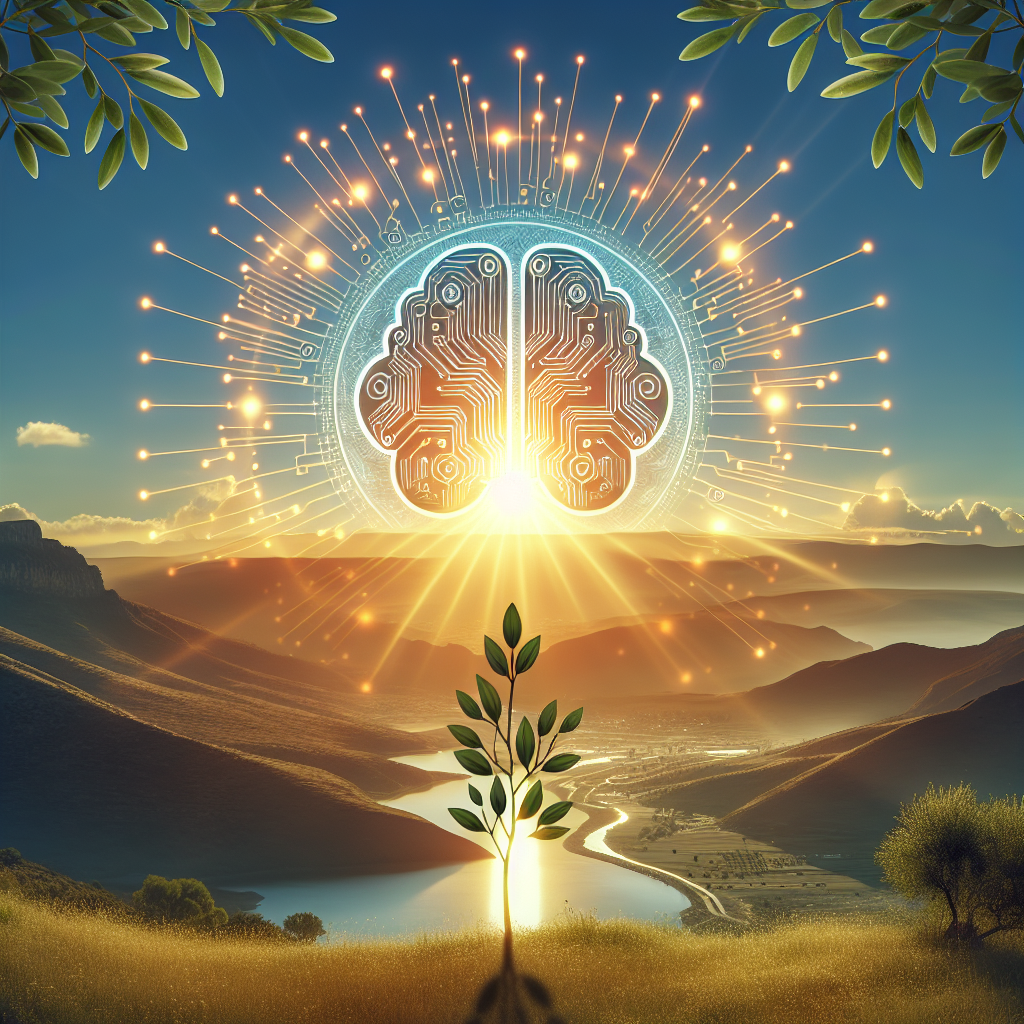Artificial Intelligence (AI) has revolutionized many industries in recent years, and mental health is no exception. AI solutions have the potential to greatly enhance the diagnosis, treatment, and overall management of mental health conditions. From identifying patterns in behavior to providing personalized treatment plans, AI is transforming the way mental health care is delivered. In this article, we will explore the benefits of AI solutions for mental health and how they are shaping the future of mental health care.
Benefits of AI Solutions for Mental Health
1. Early Detection and Diagnosis
One of the key benefits of AI solutions for mental health is early detection and diagnosis of mental health conditions. AI algorithms can analyze vast amounts of data, including patient history, behavior patterns, and even speech and facial expressions, to identify potential signs of mental health disorders. This can lead to earlier intervention and treatment, ultimately improving outcomes for patients.
2. Personalized Treatment Plans
AI can also help in the development of personalized treatment plans for individuals with mental health conditions. By analyzing a patient’s specific symptoms, genetics, and responses to different treatments, AI can recommend the most effective course of action. This personalized approach can lead to better outcomes and reduced trial-and-error in treatment.
3. Remote Monitoring and Support
AI solutions can provide continuous monitoring and support for individuals with mental health conditions, even outside of traditional therapy sessions. For example, AI-powered chatbots can provide real-time support and guidance to individuals in crisis, reducing the need for immediate intervention from healthcare professionals. This can help individuals manage their symptoms more effectively and prevent escalation of mental health crises.
4. Predictive Analytics
AI can also be used to predict future mental health outcomes based on current data. By analyzing patterns in behavior, social interactions, and other factors, AI algorithms can identify individuals at risk for developing mental health conditions or experiencing a relapse. This can enable healthcare providers to intervene early and prevent further deterioration of mental health.
5. Improved Access to Care
One of the major challenges in mental health care is the lack of access to services, particularly in underserved communities. AI solutions can help bridge this gap by providing virtual mental health services, such as teletherapy and online support groups. This can improve access to care for individuals who may not have access to traditional mental health services due to geographical or financial constraints.
FAQs
Q: Are AI solutions for mental health effective?
A: Studies have shown that AI solutions can be effective in improving the diagnosis, treatment, and management of mental health conditions. However, more research is needed to fully understand the impact of AI on mental health care.
Q: Are AI solutions for mental health safe?
A: AI solutions for mental health are generally safe when used appropriately. It is important for healthcare providers to adhere to ethical guidelines and ensure that patient data is protected and used responsibly.
Q: Can AI replace human therapists?
A: AI is not meant to replace human therapists, but rather to supplement and enhance the care they provide. Human connection and empathy are crucial components of mental health care that AI cannot replicate.
Q: How can I access AI solutions for mental health?
A: AI solutions for mental health are increasingly being integrated into mental health care settings, including clinics, hospitals, and online platforms. Talk to your healthcare provider about the availability of AI-powered tools for mental health in your area.
In conclusion, AI solutions have the potential to revolutionize mental health care by improving early detection, providing personalized treatment plans, offering remote monitoring and support, predicting future outcomes, and improving access to care. While there are still challenges to overcome, the benefits of AI for mental health are significant and will continue to shape the future of mental health care.

